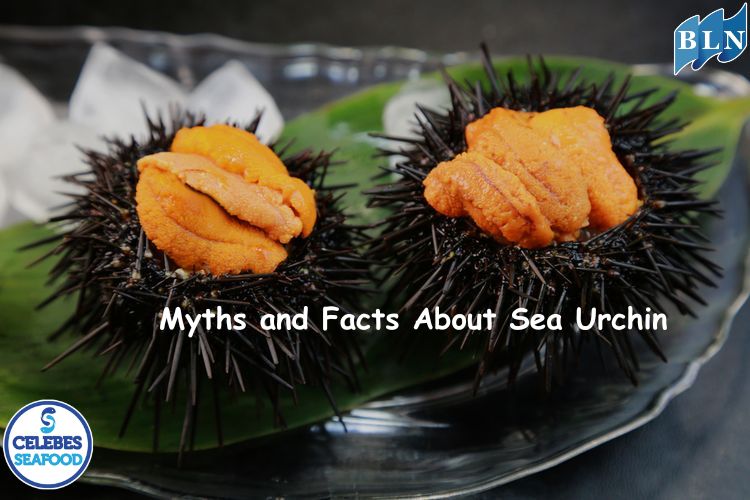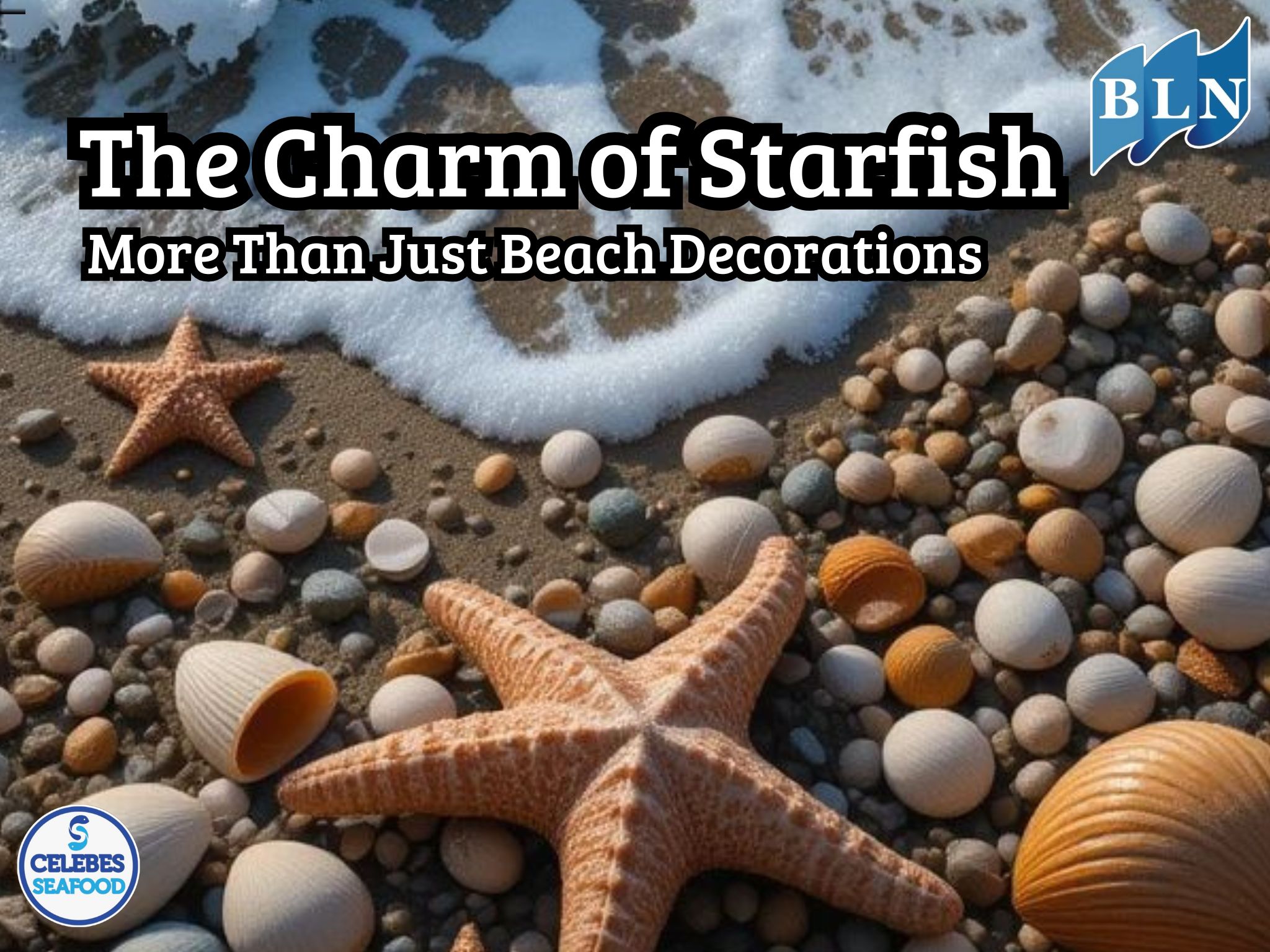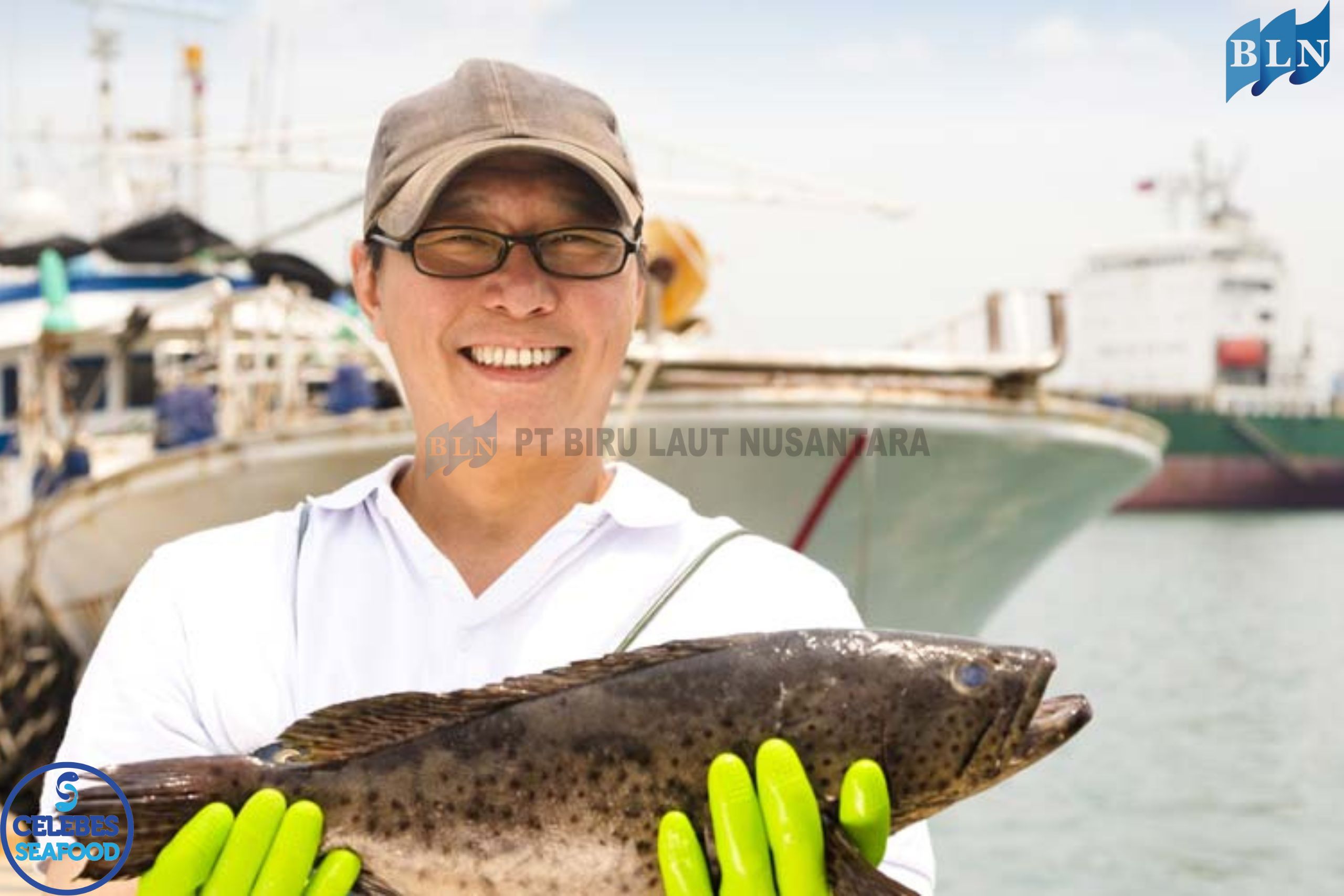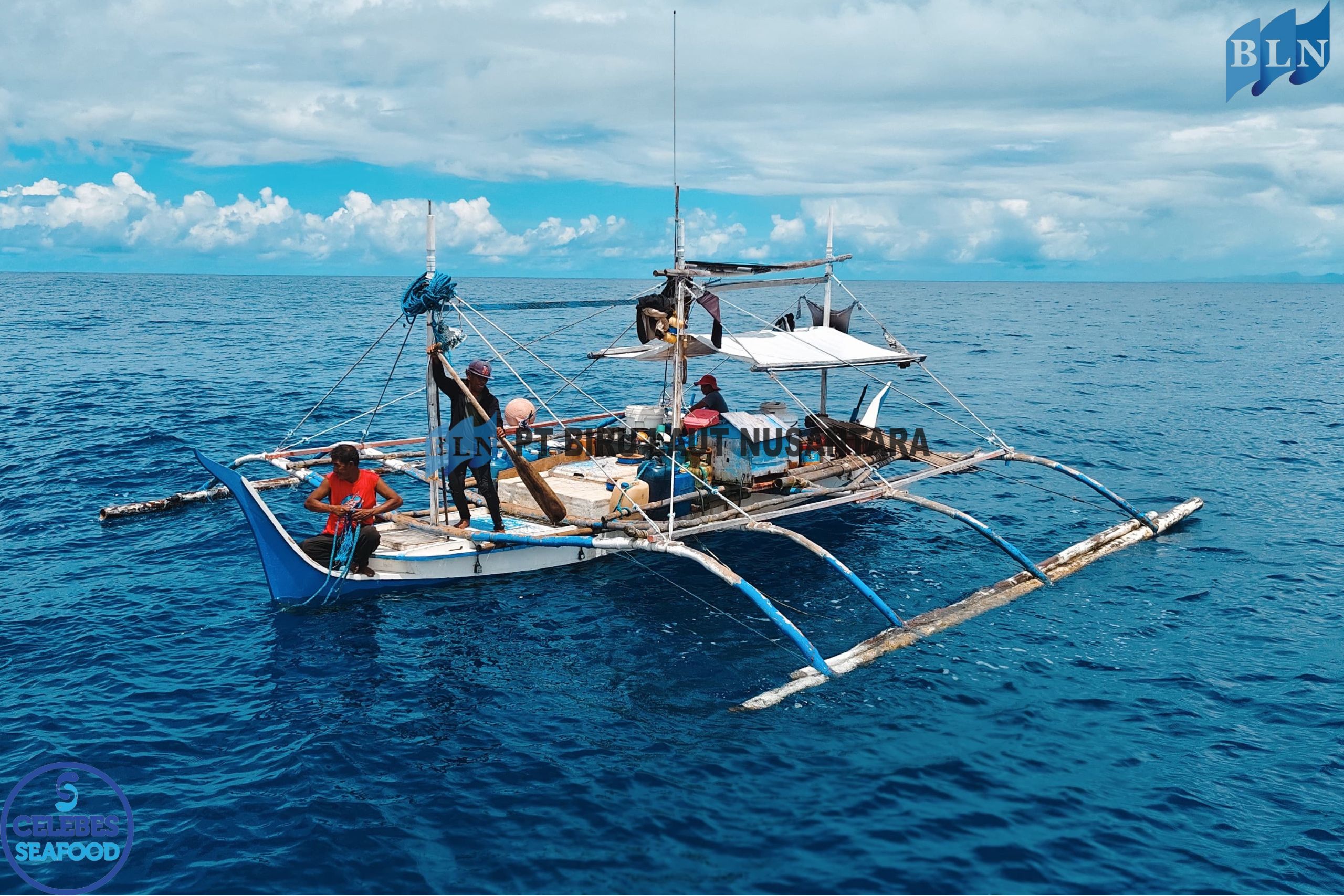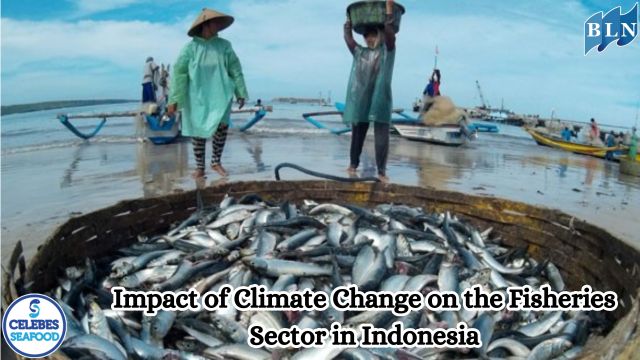8 Potential Benefits of Crab Shell Waste
By. Nevanda - 17 Jul 2023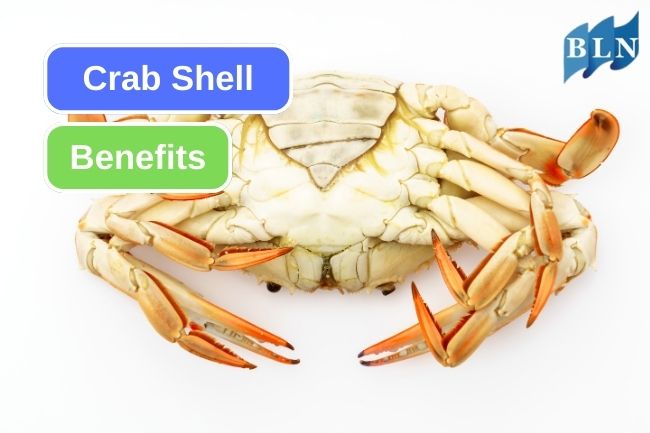
lautnusantara.com - Waste is one of the major challenges faced by many industries, including the fishing and food industries. Among these wastes, crab shells are often overlooked and considered as useless production waste. However, behind that simple appearance lies an unexpected potential that can make an important contribution to environmental sustainability.
Utilizing crab shell waste is one of the efforts to reduce negative environmental impacts and maximize the potential of production scraps. Crab shells contain organic compounds and minerals that can be utilized in various fields.
Some utilizations of crab shell waste include:
1. Organic fertilizer
Crab shells can be processed into organic fertilizer because they contain calcium and other minerals. This organic fertilizer can increase soil fertility and reduce dependence on chemical fertilizers.
2. Animal feed
Crab shells contain chitin, protein, and calcium, which can be utilized as feed ingredients for livestock, such as poultry and fish.
3. Additional nutrients in food
Crab shell extract can be used as a source of additional nutrients in human food or pet food products.
4. Cosmetic ingredients
Some cosmetic companies use fine powder from crab shells as an ingredient in skincare products.
5. Pharmaceutical ingredients
Certain compounds from crab shells have been researched and used in pharmaceutical products, mainly due to their antibacterial and anti-inflammatory potential.
Read also: 7 Essential Nutrition Content in Caviar
6. Construction material
Crab shells are crushed into a fine powder and can be utilized as an additive in cement or asphalt mixtures to increase strength and durability.
7. Water filter material
Crab shells can also be turned into filter material to clean water of pollutants and other small particles.
8. Manufacture of chitin and chitosan
Chitin and chitosan are compounds derived from crab shells that have various applications in the food, pharmaceutical, and healthcare industries.
However, it is important to remember that the utilization of crab shell waste must be done appropriately, so that it does not cause new negative impacts on the environment or human health. Processing crab shell waste must also pay attention to hygiene and safety aspects so that the products produced are of good quality and do not threaten consumer health.
Read also: 10 Sauce Types That Enhance the Delicate Flavors of Seafood
